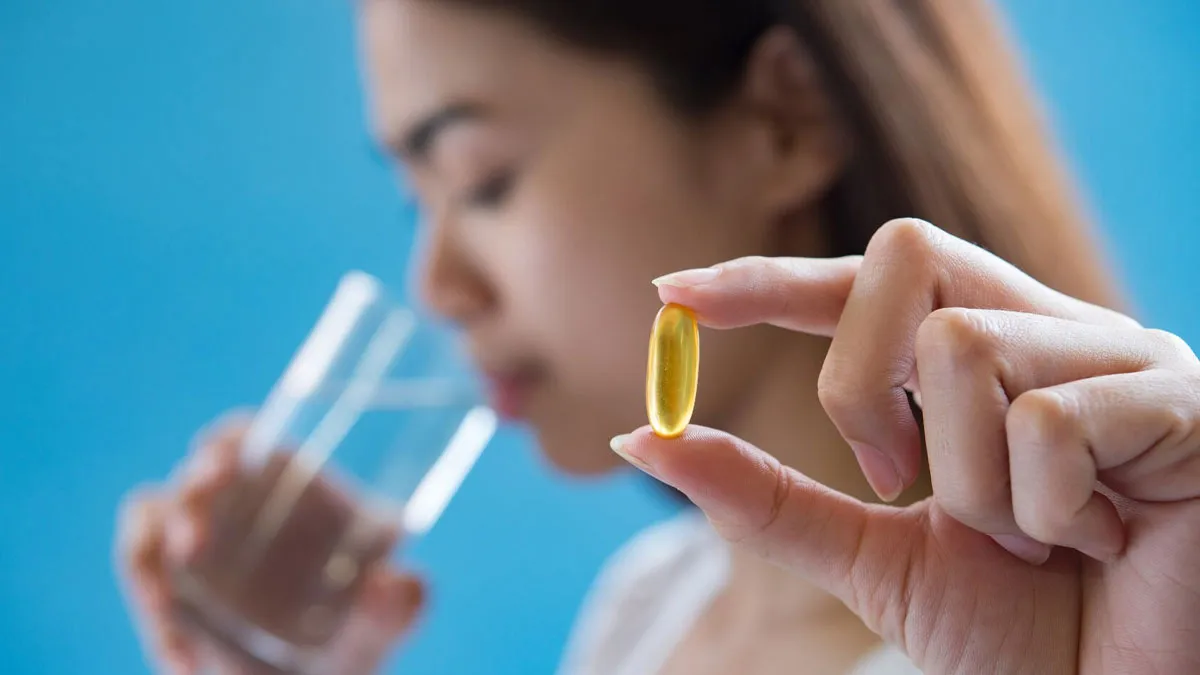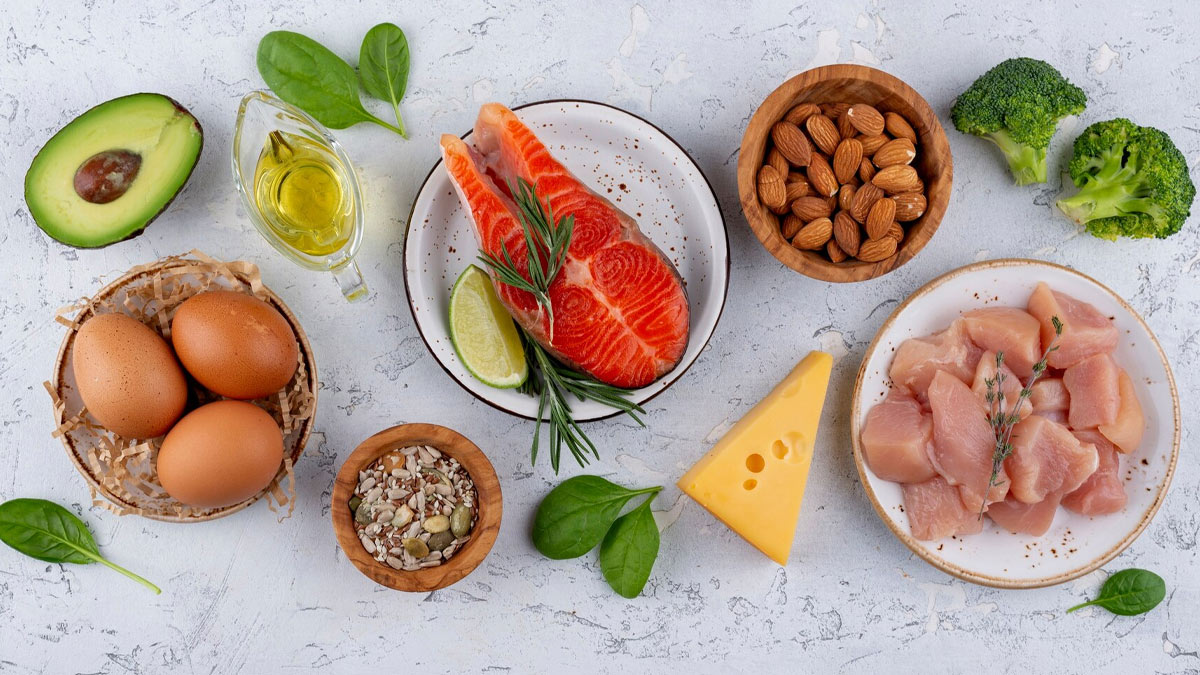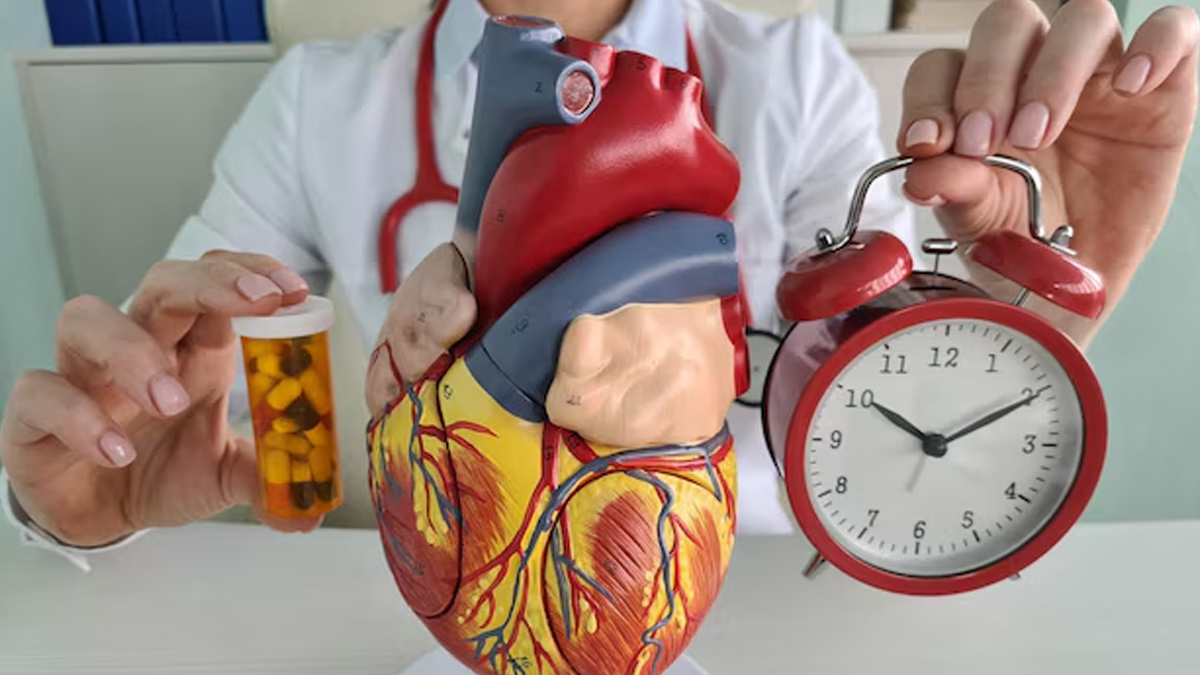
Vitamin D, also known as the “sunshine vitamin,” is crucial for bone health, immune function, and overall well-being. However, in some cases, sun exposure can become very limited, especially for those living in colder climates or spending most of their time indoors, leading to deficiencies. But that does not mean that you cannot get vitamin D from other sources. Here are five effective ways to boost your vitamin D intake.
Table of Content:-
Also Read: Can Supplements Really Boost Your Immune System? Here's What You Need To Know
Include Vitamin D-Rich Foods In Your Diet

A natural way to increase vitamin D levels is by eating foods rich in vitamin D. Some of the best dietary sources include:
- Fatty fish like salmon, mackerel, and tuna
- Egg yolks
- Cheese
- Beef liver
Add Mushrooms To Your Diet
Certain mushrooms, like maitake and shiitake, naturally produce vitamin D when exposed to sunlight. You can also buy UV-exposed mushrooms, which contain even higher levels of vitamin D. Sauté them, add them to soups, or toss them into salads for an easy boost.
Include Fortified Foods

In addition to natural foods, many packaged foods are enriched with vitamin D. Check labels for vitamin D-fortified options like plant-based milk, yoghurt, and breakfast cereals.
Despite abundant sunlight, around 76% of Indians are vitamin D deficient. According to a 2014 study published in the journal Nutrients, fortifying staple foods like chapati flour, maida, and rice can significantly help enhance vitamin D levels.
Take Vitamin D Supplements
If you do not get enough sun or your diet alone isn’t enough, supplements can be a reliable option to increase your vitamin D levels. Vitamin D supplements come in two forms: D2 (ergocalciferol) and D3 (cholecalciferol). Vitamin D3 is more effective in raising blood levels of the vitamin. It is important that you consult a healthcare professional to determine the right dosage for your needs.
Also Read: Feeling Tremors In Your Body? What Deficiencies Could It Indicate?
Consume More Healthy Fats
Vitamin D is a fat-soluble vitamin, which means your body needs dietary fat to properly absorb and use it. Pairing vitamin D-rich foods with healthy fats can improve absorption. For example, olive oil over vitamin D-fortified vegetables, adding avocado slices to a salmon salad, or eating eggs with a handful of nuts can help your body make the most of this essential nutrient.
Other Factors To Consider

Remember, even brief sun exposure can make a difference. Spending 10-30 minutes outside during midday, with some skin exposed, can boost vitamin D levels. However, factors such as skin tone, age, and sunscreen use can affect the amount of vitamin D produced, so it’s best to balance sun exposure with skin protection.
Additionally, regular health check-ups can help you keep track of your vitamin D levels and prevent deficiencies. If you experience symptoms such as fatigue, muscle weakness, or frequent illnesses, it might be time to check with a healthcare provider for a vitamin D test.
Conclusion
Vitamin D is crucial for maintaining good health, and while sunlight is the best source, there are several ways to ensure adequate intake even with limited sun exposure. By making dietary changes and considering supplements, you can maintain optimal vitamin D levels and support your overall health.
Also watch this video
How we keep this article up to date:
We work with experts and keep a close eye on the latest in health and wellness. Whenever there is a new research or helpful information, we update our articles with accurate and useful advice.
Current Version